To be honest, I really know the existence of plagiarism as I started to step on my school activities, and I'm realistically aware of that since it's one of the ethics of research that we should ponder. On the other hand, I got myself to write this topic since copying someone's work and ideas is typically a serious case that we should notice as a reader and writer, however, this violation must not be tolerated obsessively. As a matter, we must not only rely on what we see with our naked eye and somehow, I prefer not to deepen this introduction, so I think that we should start immediately.
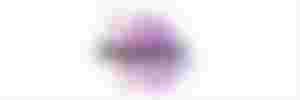
For this article, I just want to jot down all the list of my opinions about testing plagiarism checkers, and these reasons are not yet proven since it's an opinion as I said. You can also criticize my article by leaving your valuable comments, and I'm also open-minded to your compliments. I think I've been talked a lot.
If you know to yourself that you wrote it without basing from other sources, then you don't need to worry about it.
I just want to clarify that this reason is not applicable in all literature type, since plagiarism is a serious offense.
If you are active here on this site lately, I guess that you already saw the two great authors here having a misunderstanding about plagiarism, but they are already on good terms. As I want to get along on the issue, I just disregard it since her topic is sensitive, and I'm afraid to get in trouble once again. At least, she didn't intend to generalize the country itself, and they've been already addressed the issue, so I guess that we must forget it all.
Relatively, if you certainly know to yourself that you did it by your pen and you worked that four minute duration article lasting for an hour (I'm typically finishing my article for over five hours), then I'm confident to say that you should to feel worried about it. Nonetheless, you just need to show your evidences if ever there were any anomalies in a humble manner, and keep in writing.
As a matter of fact, your personal story is not a research or thesis paper which you should still required to gather sources just to prove that the story is in your own copyright. Furthermore, blogs doesn't oblige you to cite sources as long that it is confidential (Hendricks, 2018). Maybe we should apply disclaimers every time we will start or end our works. In fact, you can typically search some paragraphs on Google about disclaimers which you can use without copyrights to get your readers advised.
Link from the citated source: https://blogpros.com/blog/2018/12/percent-plagiarism-allowed-post
You know how to give credits.
For me, you don't need to check your article in a Plagiarism Checker if you knew to yourself that you know to apply this core topics. Personally, these topics are only from my humble opinion, and I'm not an expert to convey this one.
Mention an Author
Have you already joined on the challenges that is currently trending here? If I'm bored so I did those challenges, the first thing that I will never forget to do as a responsible author is to tag the trend setter and where I actually read it, so I can give credits and appreciate his/her works. Personally, seeing frequent articles which is related to your topic, and they will give you a big credit is genuinely a heartwarming pleasure. It's based from my opinion though, so don't argue with me. Just kidding.
References
If I were not mistaken, you are not required to make an APA or MLA to publish a blog to justify your work since blog is not a strong source, though. If you want to credit something, just insert the link, paraphrase it, and there you go. I think it's normal since I usually saw it into your work and blogs published on this site is informal. Just like this one.
Plagiarism Checker are not 100% accurate.
I tried to browse Plagiarism Detector if my article entitled “Welcome to the World of Cryptocurrency: The Definition” is plagiarized or not. As I've surprised, here is the result, and I could conclude that the robot is not perfect to check if our work is perfect or not.
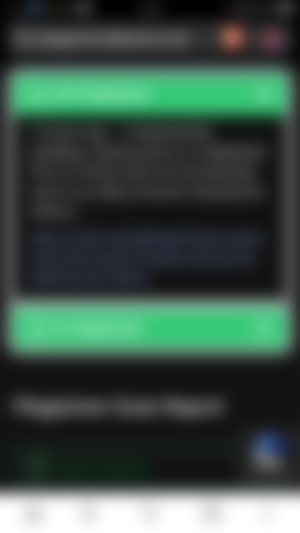
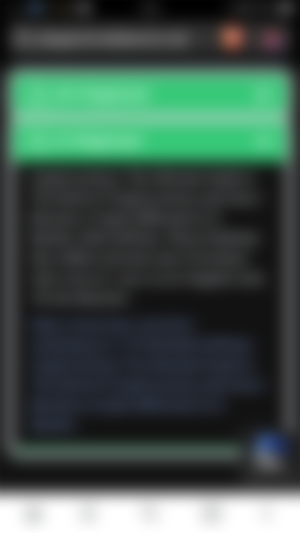
Evidently, their scanner is not perfect or accurate because I've experienced its flaws. How come that I only have 34% of plagiarized content instead of 100% since I pasted my article to check if it is valid or not? On the other hand, the remaining percent is the exact title of the book where I acknowledged the author's work, and it's not plagiarized since it's the original title which I could not paraphrase.
Besides, if ever I scanned your article from that site and I found out that it's not from you, then we can consider you as a cheater. In my side, I just tried to proofread my previous article on their site, and the results that I attached are not definitely accurate.
On the contrary, I didn't ever mean to normalize plagiarism, but I just want to say that there were an intentional content on our articles since we are not the only one who can use that sentence, man. As I've said, just write if you know to yourself that you are the exact person who did that, and don't ever affect on negativity just because of that wrong accusations. Thank you for reading.
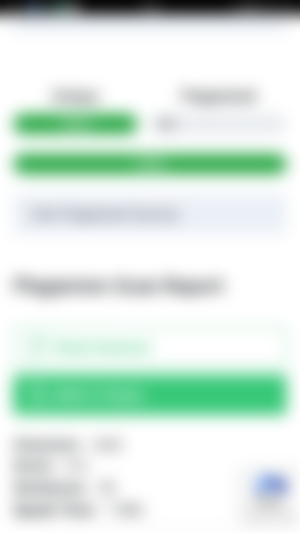

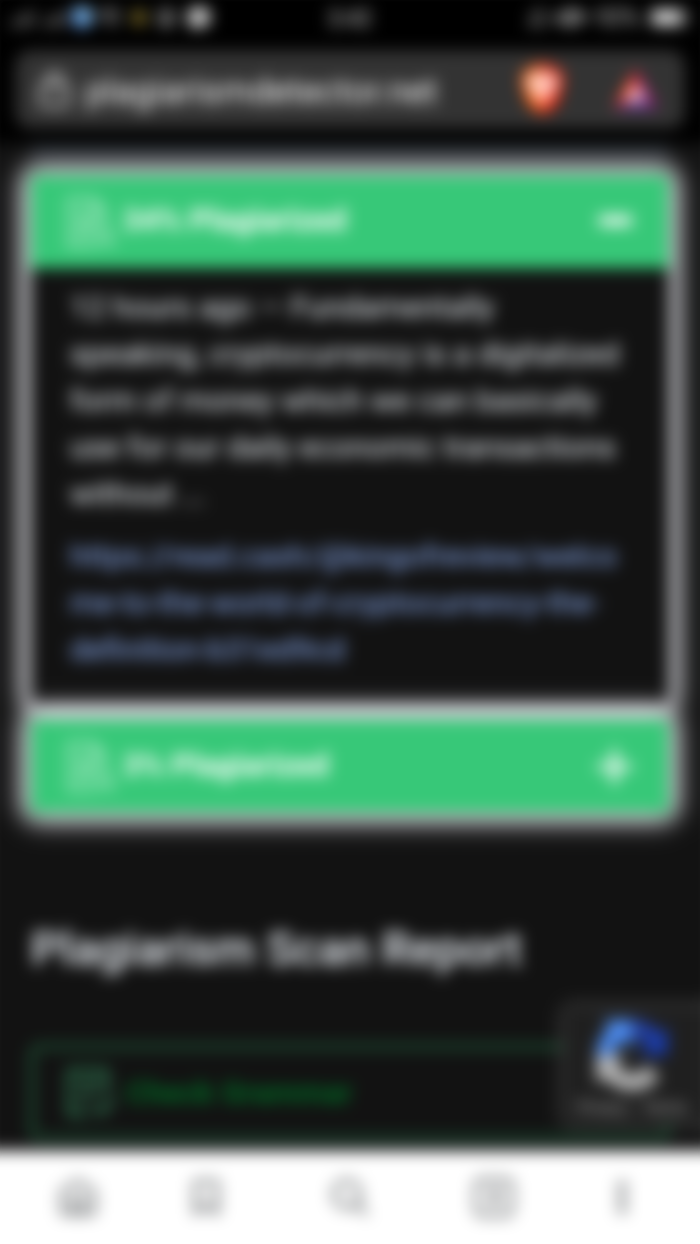
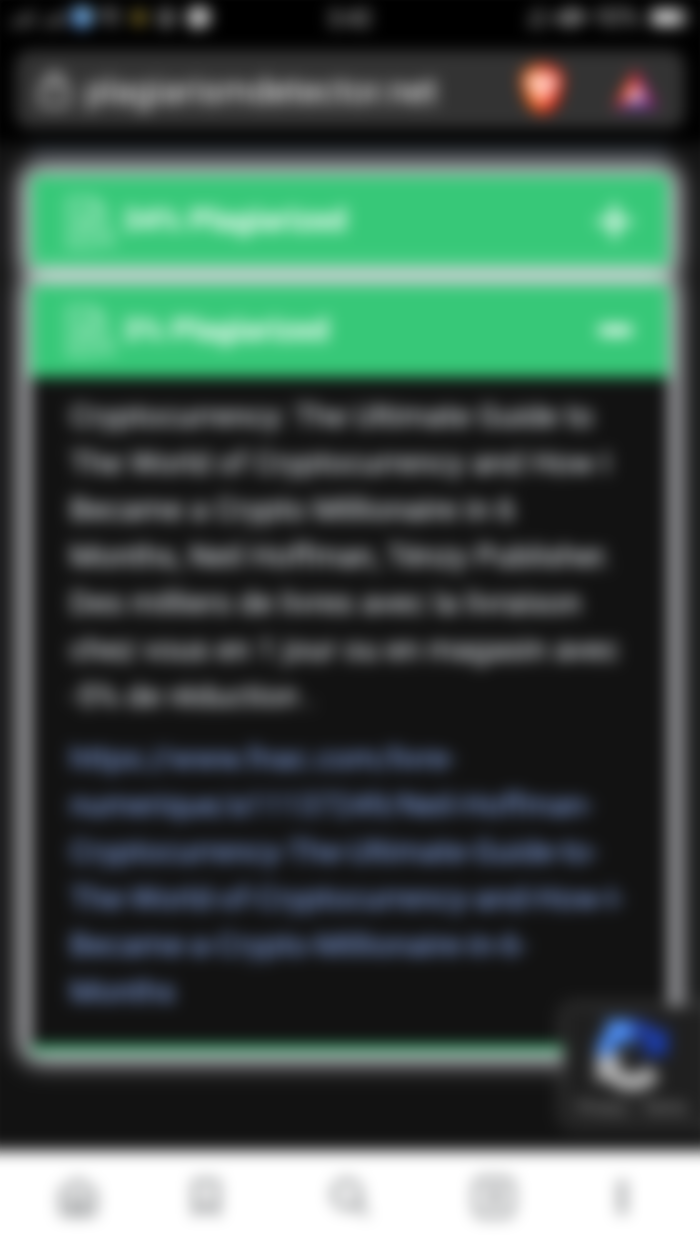
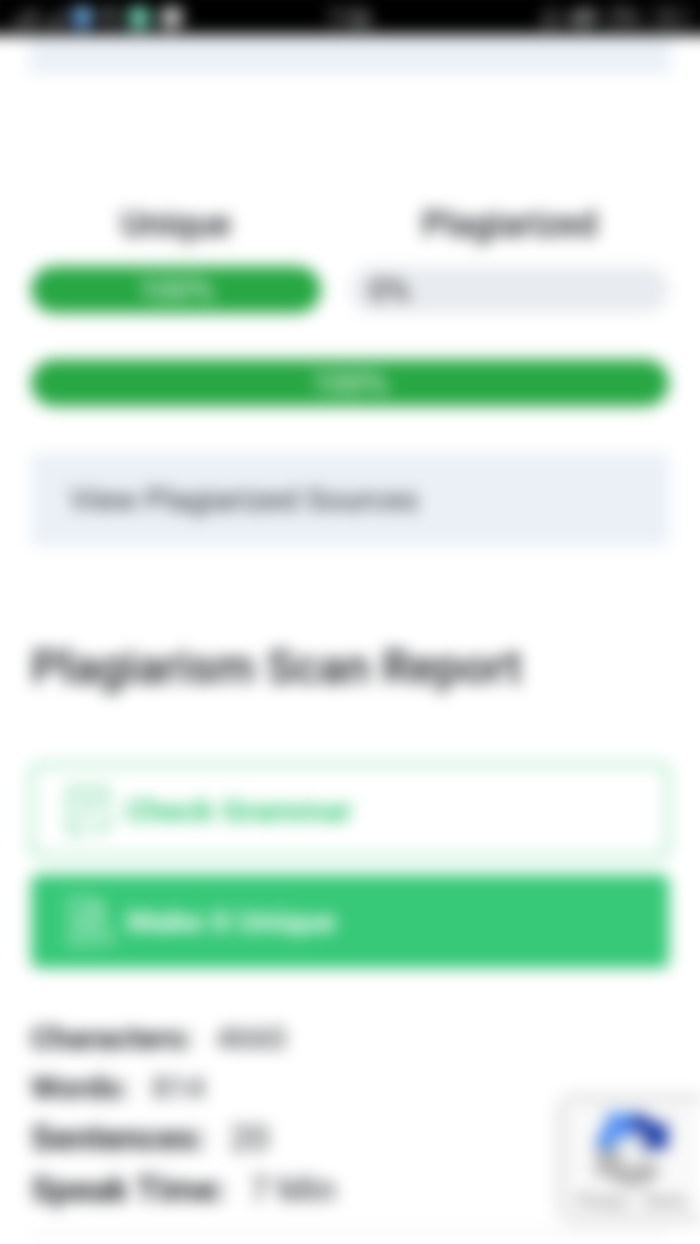
Slight nagkaroon na ako ng clue sa sinasabi mo. Pero hindi ko pa talaga alam buong story. Pero maganda na din ang walang alam. Hehe.
I love giving credits to where credit is due. Pero lately, sa dami ko ng binabasa sa araw-araw, nalilimutan ko na who said who. Like sa recent article ko about how I spend mg BCH. Marami ako nabasahan na gumawa ng ganun articles then yung mga top na tumatak sa utak ko sila yung naaalala ko pero unfair naman din sa ibang nabasahan ko kung hindi ko sila namention kaya sinabi ko na lang na may mga nabasa ako. Hehe. Ikaw namention kita doon sa article ko na yun. Hehe. The 50/30/20 rule.